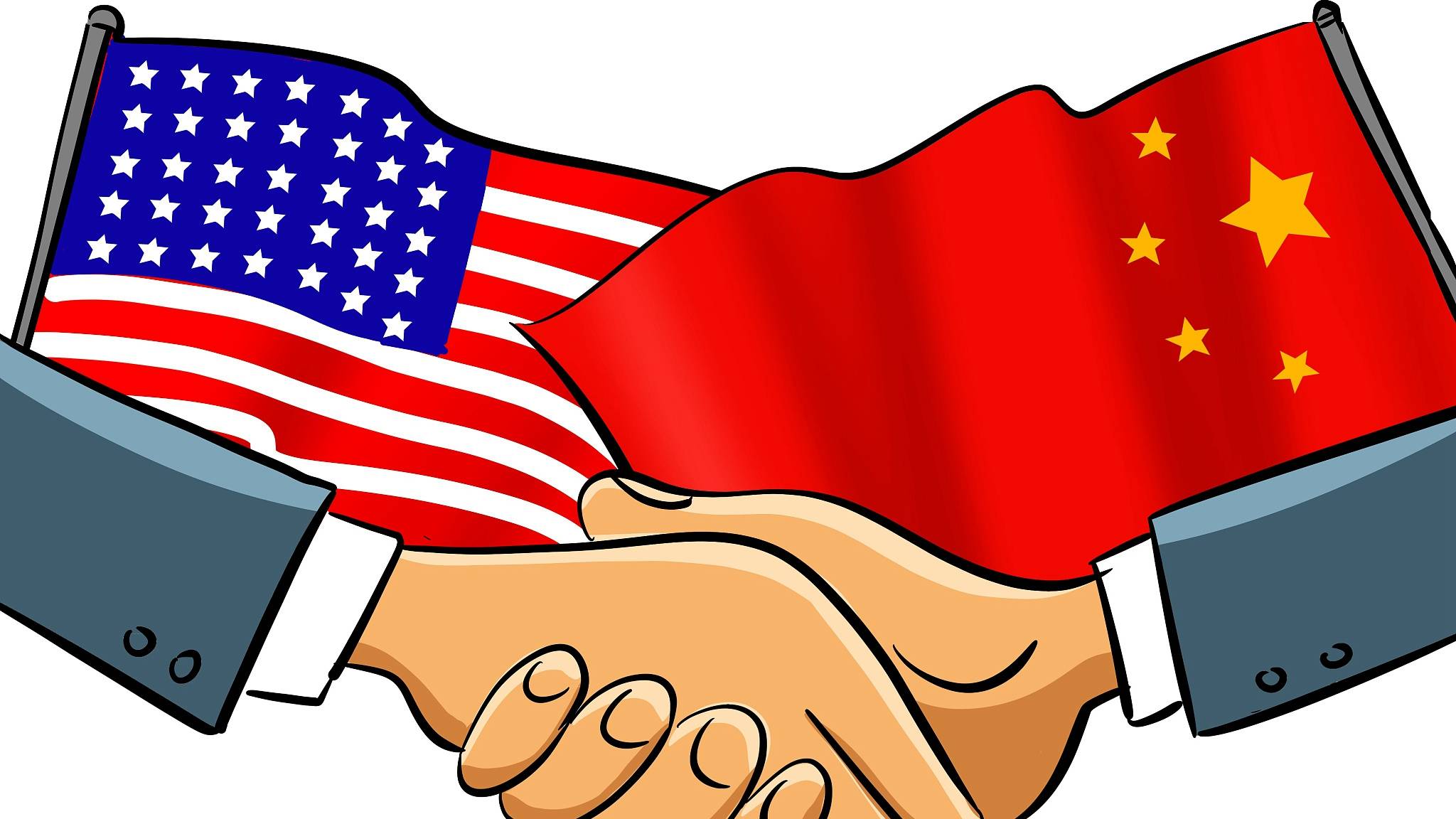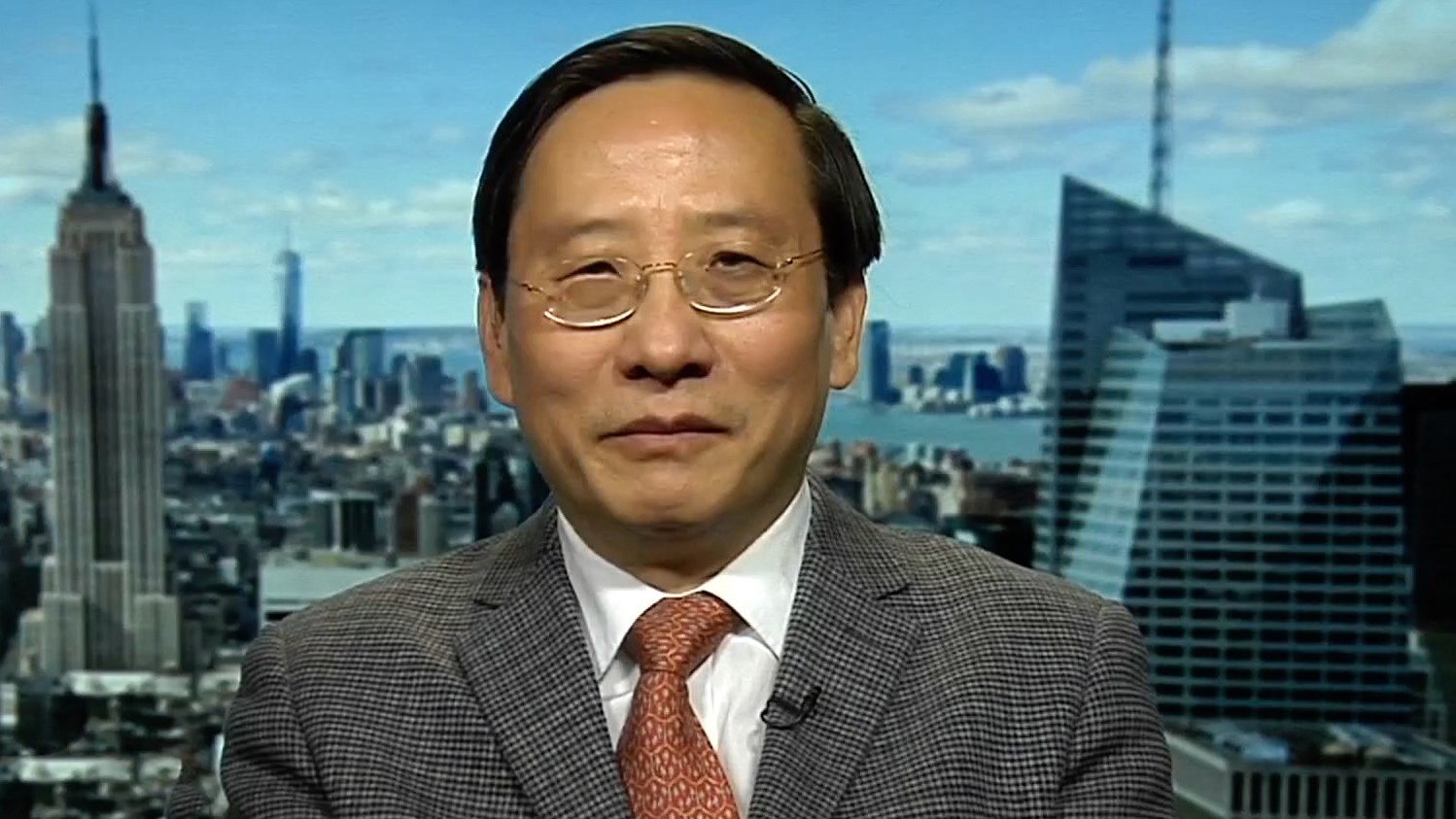
Opinions
14:53, 05-Dec-2018
The Heat: Experts optimistic after Xi-Trump G20 summit meeting
Updated
14:44, 08-Dec-2018
CGTN's The Heat

The G20 summit closed with fruitful outcomes. The call for reform of the World Trade Organization (WTO) was acknowledged by all G20 leaders and the issue will be discussed during the next G20 summit in Osaka, Japan, from June 28 to 29 in 2019.
Financial markets are cheered by the announcement that U.S. President Donald Trump and Chinese President Xi Jinping agreed at a working dinner after the summit to have a 90-day truce in the two countries' trade battle.
The final communique signed by all 20 member nations said 19 of them reaffirmed their commitment to the Paris climate accord. The only holdout was the U.S., which has withdrawn from the pact under the Trump administration.
Chinese international relations expert, Victor Gao, is very optimistic about the outcome of the working dinner between Xi and Trump. Gao regards the truce between China and the U.S. as reflecting the courage and wisdom of both the Chinese and U.S. leaders, and he further wishes that they can keep the courage and wisdom to tackle the dispute and resolve the trade problem in the next three months.
There is also a difference in the acknowledgments of the United States and China, as mentioned by Saruhan Hatipoglu, the global economics analyst for CGTN mentions. The United States focuses on the structural changes from the Chinese side, while China focuses on numbers that could mitigate the situation.
01:29

Paula Garcia Tufro, the deputy director of the Adrienne Arsht Latin America Center at the Atlantic Council and a former member of the U.S. G20 negotiating team, concludes that the summit was generally a successful meeting, where countries reaffirmed their ongoing path to multilateralism, and China and the U.S. reached a temporary truce.
Yet, turbulence still exists. Saruhan pointed out that the disputes over migration have grown this year. The joint communique, in the end, failed to address the stance on the issue. At the same time, developing countries failed to have their voices included in the joint communique despite the fact these countries had conducted successful bilateral talks within the two days.
WTO reform is another key issue that the G20 leaders addressed. It is good news that there was a consensus that the WTO needs reform. However, Dennis Wilder, the managing director at the Initiative for U.S.-China Dialogue on Global Issues at Georgetown University, stressed that there is not a clear route map where the reform goes. At the same time, the division within the WTO is significant that talks have hardly been initiated. WTO reform needs new incentives to reinvigorate them.
Regarding multilateralism, Dennis focused on the reality of the Trump administration and the U.S. president's negotiating style. He holds a cautiously optimistic view about a potential bilateral investment treaty between China and the U.S.
On the other hand, Victor Gao defended China's views on multilateralism. He thinks that the United States focused too much on its own gains and relative gains through its actions. He suggests that a country should not enrich itself at the cost of the others and he believes that China would welcome U.S. participation in initiatives for a shared future, such as the Belt and Road Initiative and Asian Infrastructure Investment Bank.
(The Heat with Anand Naidoo is a 30-minute political talk show on CGTN. It airs weekdays at 7:00 a.m. BJT and 7:00 p.m. Eastern in the United States.)
(If you want to contribute and have specific expertise, please contact us at opinions@cgtn.com.)

SITEMAP
Copyright © 2018 CGTN. Beijing ICP prepared NO.16065310-3
Copyright © 2018 CGTN. Beijing ICP prepared NO.16065310-3